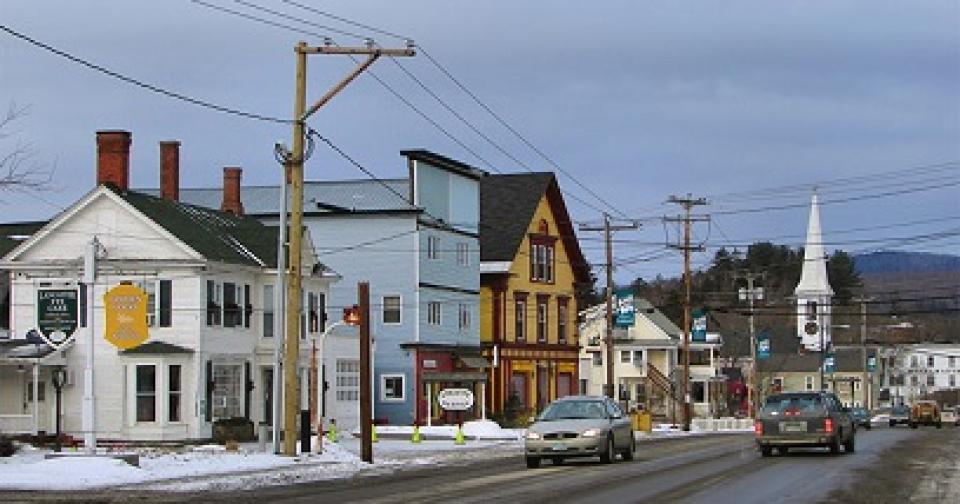New Hampshire Law A Step Forward
Granite Staters with poor Internet access in rural areas should soon realize the benefit of HB 1111, which just passed the state legislature and was signed into law by the governor. The measure provides for the establishment of communications districts to pursue Internet infrastructure projects in New Hampshire. In addition, the law makes it easier for municipalities to determine which areas under their purview are unserved in order to target broadband expansion efforts and expand access to all.
Removing Barriers, Providing New Tools
Two years ago SB 170 passed the legislature, allowing communities in the state to bond to develop publicly owned Internet infrastructure for the first time. The bill, however, made such moves contingent upon proving that the proposed areas were “unserved” by a connection of 25/3 megabits per second (Mbps). To do so local governments were required to issue an RFI to the existing Internet Service Provider (ISP). At the time we anticipated trouble with existing providers who had a history of claiming service to large areas when the reality was that many were unserved, and it turns out that worry was well-founded: communities reported that ISPs were ignoring requests for information, making it difficult for them to make progress.

HB 1111 changes that. If an RFI to a provider goes unanswered for 60 days, it is assumed the latter is unable to deliver broadband. Municipalities can then come together and form communications districts which have the authority to use general obligation bonds to fund an overbuild of the area and seek out public-private partnerships to provide new service.




